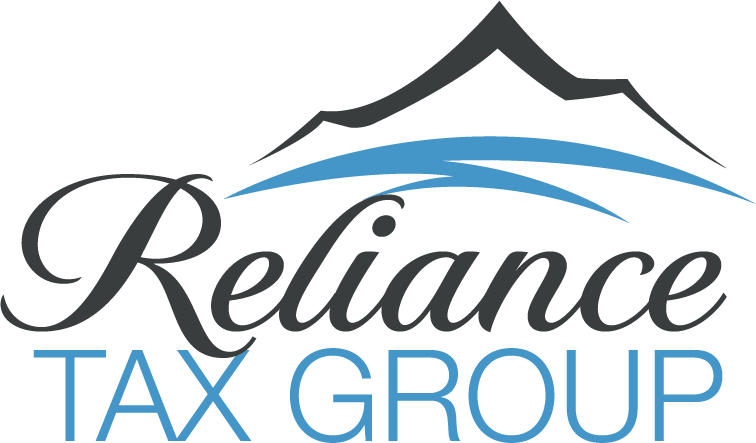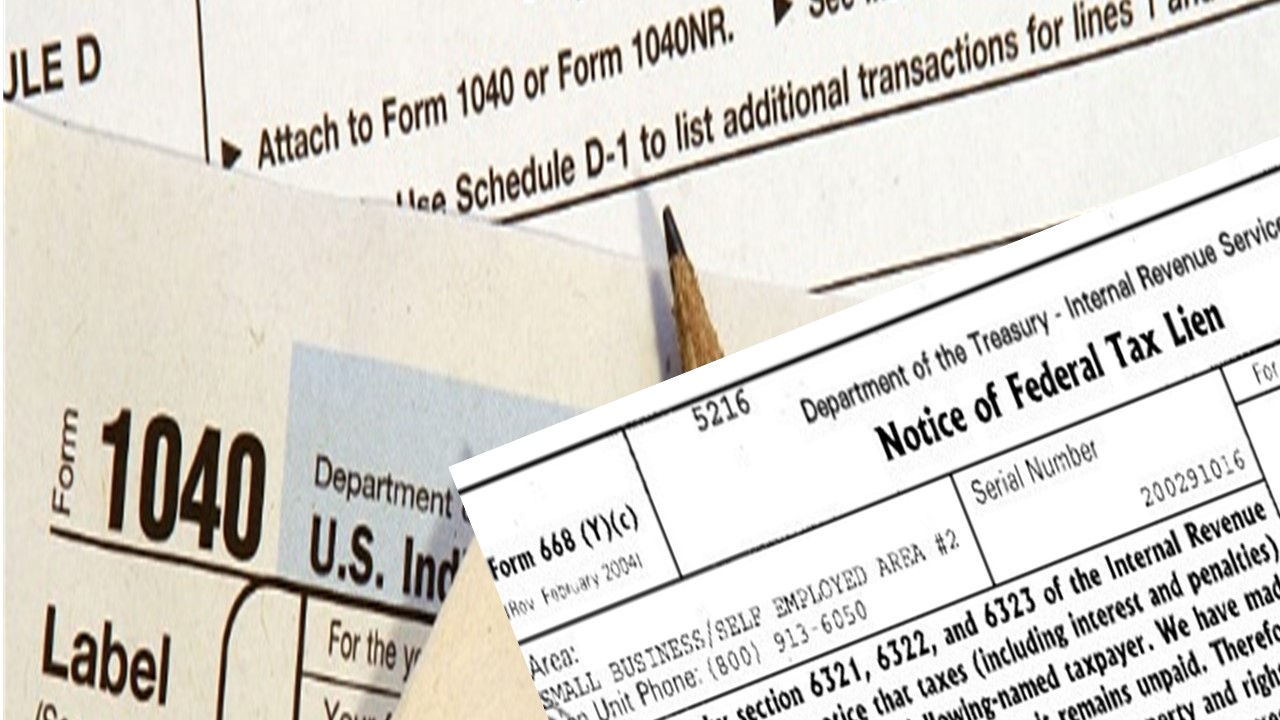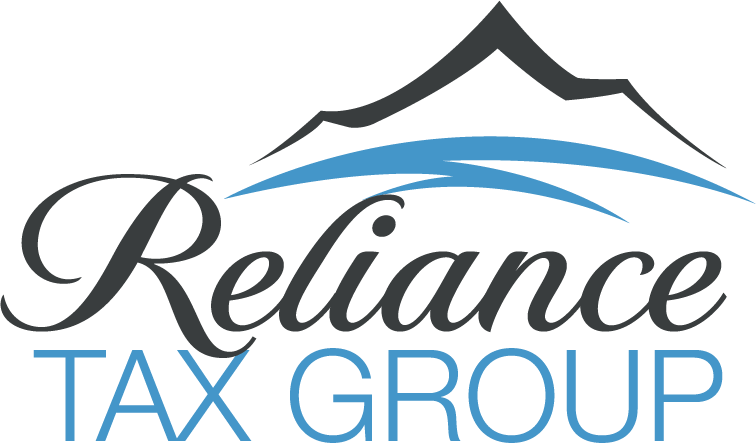IRS Form 668(y) is an official IRS notice that a lien has been placed against your property for failing to resolve your outstanding tax debt. This lien protects the government’s interest in all your property, including bank accounts, personal property, real estate, or other financial assets, regardless of how they may be titled. The IRS notice form 668(y) only after assessing your tax liability, sending you a Notice and Demand for Payment, and allowing sufficient time for payment or arrangements to be completed.
Is the IRS Seizing my Property? Lien vs. Levy
The government is not seizing your property at this time. A lien is not a levy. A lien secures the government’s interest in your property in order to cover their losses concerning your unpaid tax debt. A levy, however, actually seizes the property in order to cover the unpaid tax debt. If arrangements are not made with the IRS to settle your outstanding tax debt, they can and will seize and liquidate any and all personal property that you own or in which you hold an interest, until the entire debt is paid.
How Does a 668(y) Lien Affect Me?
A federal tax lien is filed publicly, so everyone can see it. All your creditors will be notified that a lien has been placed on your assets and property. Here are some primary ways this affects you:
- Assets – As already mentioned above, a lien attaches to all your property, vehicles, securities, investments, and other financial assets. This also includes any assets you acquire while the lien is in force on existing property.
- Business – The lien also attaches to all property owned by your business, and all property and assets to which your business holds any rights. This includes current and future accounts receivable.
- Credit – Once Form 668(y) is filed by the IRS, your ability to obtain credit will be severely limited, and your current credit rating will suffer accordingly.
How Do I Get Rid of a Lien?
There are several courses of action available to handle a tax lien. The most obvious is to simply pay your outstanding tax debt. When your account is settled in full, the IRS will release your tax lien within 30 days. All negative connotations and limits to your personal finances, property, business assets, and credit rating are removed. When this option is not immediately possible, other options exist.
- Discharge of Property – Under certain circumstances, you may file an application for discharge of property to remove some assets from the IRS Notice of lien. This protects certain assets from risk of seizure. For more information regarding this option, see Publication 783, Instructions on How to Apply for Certificate of Discharge From Federal Tax Lien.
- Subordination – This action does not remove the lien, but it allows other creditors to move ahead of the IRS regarding their claim on your property and assets. This can be a helpful course of action when applying for a mortgage or business loan. For more information regarding this option, see Publication 784, Instructions on How to Apply for a Certificate of Subordination of Federal Tax Lien.
- Withdrawal of Lien – A withdrawal removes the public 668(y) notice and informs creditors that the IRS is no longer competing against them for claim to your assets. However, the outstanding tax debt is still due. Certain eligibility requirements must be met, and two new options have been added since 2011. For more information see Form 12277, Application for the Withdrawal of Filed Form 668(Y), Notice of Federal Tax Lien (Internal Revenue Code Section 6323(j)).
- Bankruptcy – A few options for bankruptcy exist that will allow you to keep certain assets while liquidating others. However, no form of bankruptcy will erase your outstanding tax debt. Any bankruptcy arrangements must include any and all tax debt. After completing the term and statute of limitations of the bankruptcy, the IRS lien will be removed.
Help With IRS Notices
Have you received a Form 668(y) IRS Notice concerning unpaid tax debt? The tax professionals at Reliance Tax Group have many years of experience successfully resolving tax-related issues between our clients and the IRS. Don’t let a tax lien ruin your life – call us at (720) 452-2915 or contact us online today to arrange your free consultation.
Reliance Tax Group is proud to be a flat fee company that will not seek to complicate your financial woes with hourly rates or hidden fees. Contact us now for a fair deal to settle your tax problems.










